When I was little, when we lived in Accra, I was convinced that I lived with doctors. If my stomach started to ache, my father would prescribe the peppery, black seeds from the pawpaw fruit that grew behind the bungalow. Other ailments were cured by lemon, and a menacing black honey harvested by an unknown hand and bought in glass bottles. Once a week during the rainy season, the slender serrated leaves of the neem tree would be put to boil. The potion stank, lacing the air with my worry and the green smell of preventative treatment. Its bitter yellow tea, served in shot glass portions, never failed to draw tears. Knowing that these were my primary curative options also meant the hypochondriac that develops in every small child grew, not by very much at all: I was in rude health.
If I don’t remember my first encounters with natural products as kind, they were also an unquestioned part of my life. Nature didn’t have to be enjoyable, but she was powerful and she was protective. My father understood that the pawpaw seeds were anti-bacterial. He appreciated that lemon would alkalize our blood, and that small-scale apiaries oozing local raw honeys would soothe our throats during the Harmattan season, and strengthen us in enzymes and trace minerals foreign varieties could not imitate. The neem tree tea in its unprocessed potency would guard his wincing, ungrateful children, from the regular dread that is malaria.
I share these unvarnished stories from my childhood because though I now choose natural products, the truth is that they are my inheritance: a gift of memory, geography, pride – of belonging.
When I think of nku as an example, I remember how my Grand Auntie Irene magicked the freshest shea butter in Accra, as if the capital were its true home. She would have it hand whipped so it felt like soufflé, and smell welcoming as roasted nuts. At the end of every visit, she would package it and press it into my palms to remind you of her care. The moisturiser also reminds me of Tamale, the town named in honour of the social and monetary value of the shea nut, and which in its Mole-Dagbang original, Tama- Yili, means “the home of shea nuts”. I remember the women I met there, head wrapped in colourful, sheer headscarves, their yellow calabashes split open, the creamy butter fluffed high in the parched Northern heat.
The much maligned neem tree, too, prompts me to remember that nature and her fruits are versatile. Along with toothbrushes we also grew up with sawire – chewing sticks and sponges from the sawire or neem tree that for centuries have kept Ghanaians and Africans in strong teeth and a low incidence of dental caries. Rather than dismiss this as backward, as many cultural revisionist do, I was taught that there is always an original and alternative that is too often replaced by the manufactured conveniences that we covet.
Last summer in my riverside flat that overlooks a marina, I bought some activated charcoal to purify the tap water that I drink. The small note that came
with it celebrated it as a purifier that’s been used in Japan since the C17th. With sheepishness, I imagined my father’s gentle amusement at my rediscovery of what I already knew. He’d told me of the centuries old Ghanaian tradition of char-baked earthenware jars that sat in the corners of kitchens, and stored the drinking water of the house. For generations before me, these ‘activated’ vessels had been quietly adsorbing impurities without the marketing fanfare, leaving the water cool, sweet and refreshing.
As I actively choose Ghanaian honey and alata samina, my preference for this agate-brown raw sugar and the cleansing suds of black soap momentarily bring my parents, my wider family, and their life lessons, alive. Hundreds of miles away from Ghana and its humid heat, I choose to belong to them, to affirm that I am not alone. To reacknowledge expertise that has already been handed on. This choice is a remembering of who I am: the non-linear, replenishing and prized story of those who’ve helped me here.
Naana Orleans-Amissah
Born in Germany, educated in Japan and the United Kingdom Naana has an unwavering Ghanaian identity. She is curious about the way stories are formed and told. She is also the biggest cheerleader of a slice of cake.

